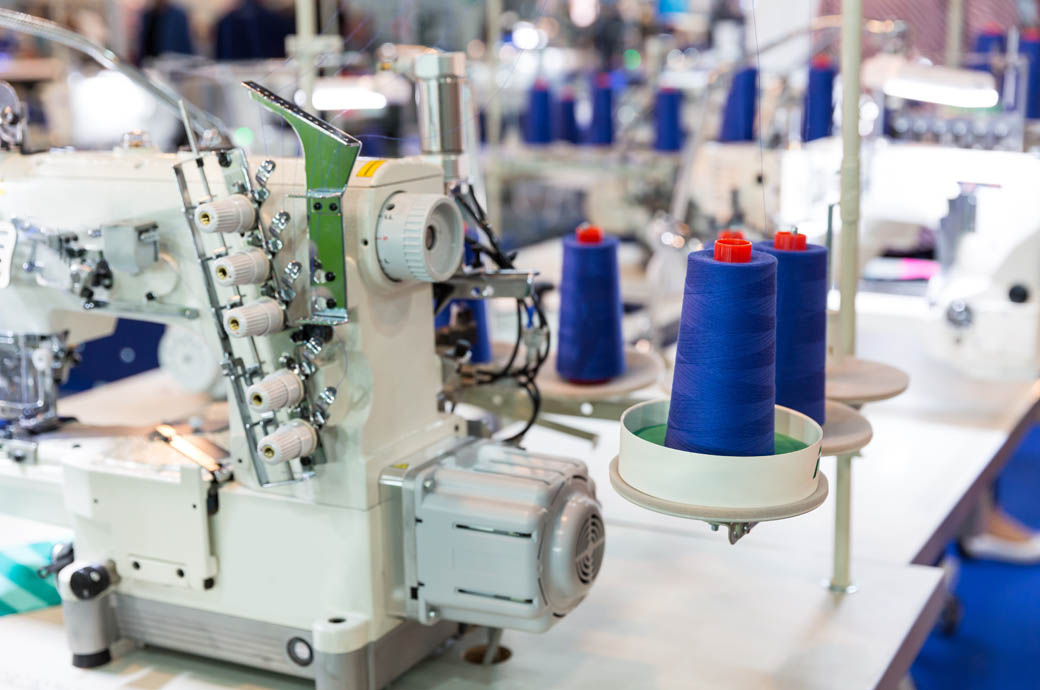
It also sought more support to the sector in the form of subsidies and tax breaks.
Several mills have closed down and more factories may permanently shut down by next December if the situation does not improve, BTMA president Mohammad Ali Khokon told a press conference in Dhaka.
Gas price has increased, but the crisis has intensified as factories in Gazipur, Narayanganj and Savar are receiving zero PSI (pound per square inch) pressure against standard requirement of 10 to 15 PSI, he said.
"The factories are now operating at half of the maximum production cost. If the production cost per kilogram of yarn is $1.25, and production is halved due to the gas crisis, then the production cost doubles to $2.50," he was quoted as saying by domestic media outlets.
"EDF has been reduced, and the payment time has also been reduced. Working capital has decreased by 40 per cent due to currency devaluation. The rate of interest has also increased. The interest rate has increased from 9 per cent to 15.5 per cent,” he said.
As dependence on imports increases in future, that may cause local market share to be overtaken by foreign entities, he lamented, accusing some of misguiding the prime minister by providing false information about the industry.
The textile industry is also facing a crisis due to the smuggling of yarn and fabric, he said.
Khokon disagreed with a recent comment by the National Board of Revenue (NBR) chairman saying Bangladesh is not a cotton-producing country, its textile sector will not be viable in the long term.
He cited examples of Japan, Italy, Germany and the United Kingdom, which are not cotton producers, but have excelled in textiles due to policy support.
Fibre2Fashion News Desk (DS)